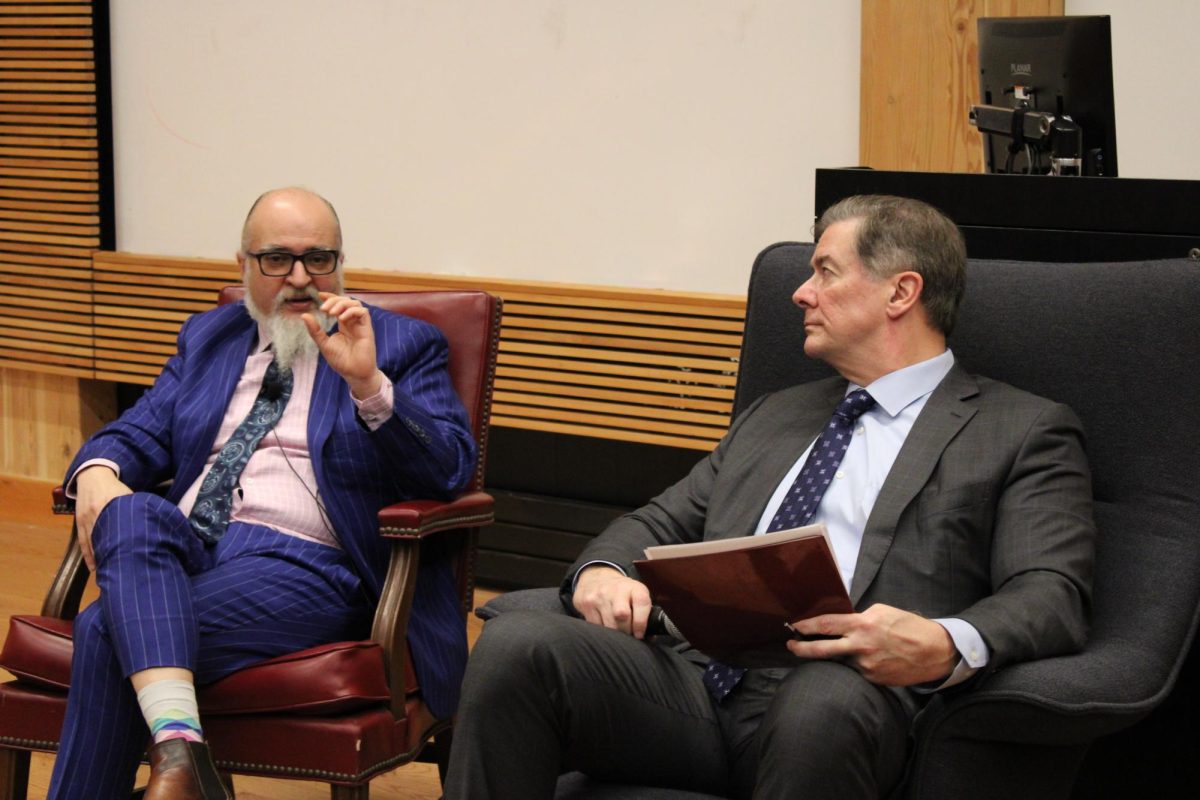Over the summer and fall of 2014, faculty members at Trinity University devised a plan in the event that Ebola would find its way onto Trinity’s campus. While the threat of Ebola has subsided, the significance of the plan remains.
“The Health Services developed a protocol for how they would respond if a person with suspicious symptoms walked into Health Services. They would be immediately isolated,” said Gary Neal, director of counseling and health services.
After the outbreak began in West Africa in 2014, Health Services staff noticed the media attention directed at the deadly virus.
“It’s a serious disease, and it’s one we don’t see in the United States, and when people came to the U.S. [sick with the disease], it created all kinds of stir,” said Jackie Bevilacqua, coordinator of Health Services.
While the risk of infection was very low for the Trinity population, the creators of the plan recognized the threat to public health and created a plan with the campus in mind.
“Partly as the Ebola situation in West Africa was unfolding, the university was developing our response kind of in anticipation, to be prepared,” Neal said.
A protocol was put in place that health officials would implement should a student or staff member go to Health Services with the symptoms of Ebola.
“Protocol would call for isolating the one patient; only one nurse would have in-person contact with him or her. They would do an exam and pretty immediately call EMS and the San Antonio Metropolitan Health District,” Neal said.
The protocol also involved purchasing protective gear created for combating Ebola and other diseases transmitted in the same way.
“Health Services purchased and did some training on personal protective equipment, PPE as they call it in the trade,” Neal said.
According to the Center for Disease Control and Prevention website, “When an infection occurs in humans, the virus can be spread to others through direct contact (through broken skin or mucous membranes in, for example, the eyes, nose or mouth).”
The contingency plan for Ebola is not the first of its kind for Trinity University health officials.
“We have generalized policies for handling infectious disease outbreaks on campus, going back to at least the SARS outbreak of ten years ago in Asia,” said Neal.
These policies are in place to best protect the Trinity community from any infectious diseases.
“It is a public health issue, our public is right here on campus,” Bevilacqua said.
Health services is located beneath the Myrtle residence hall and can be contacted at (210)999-8111







